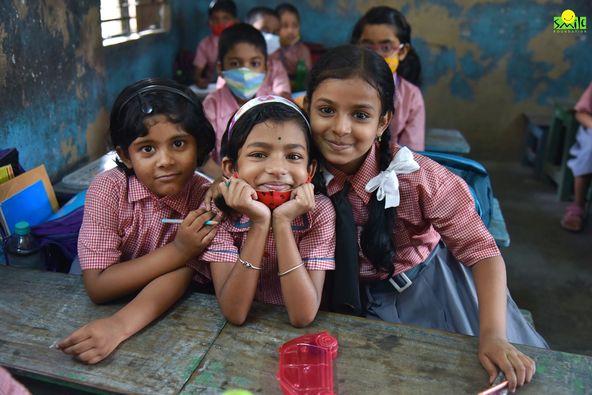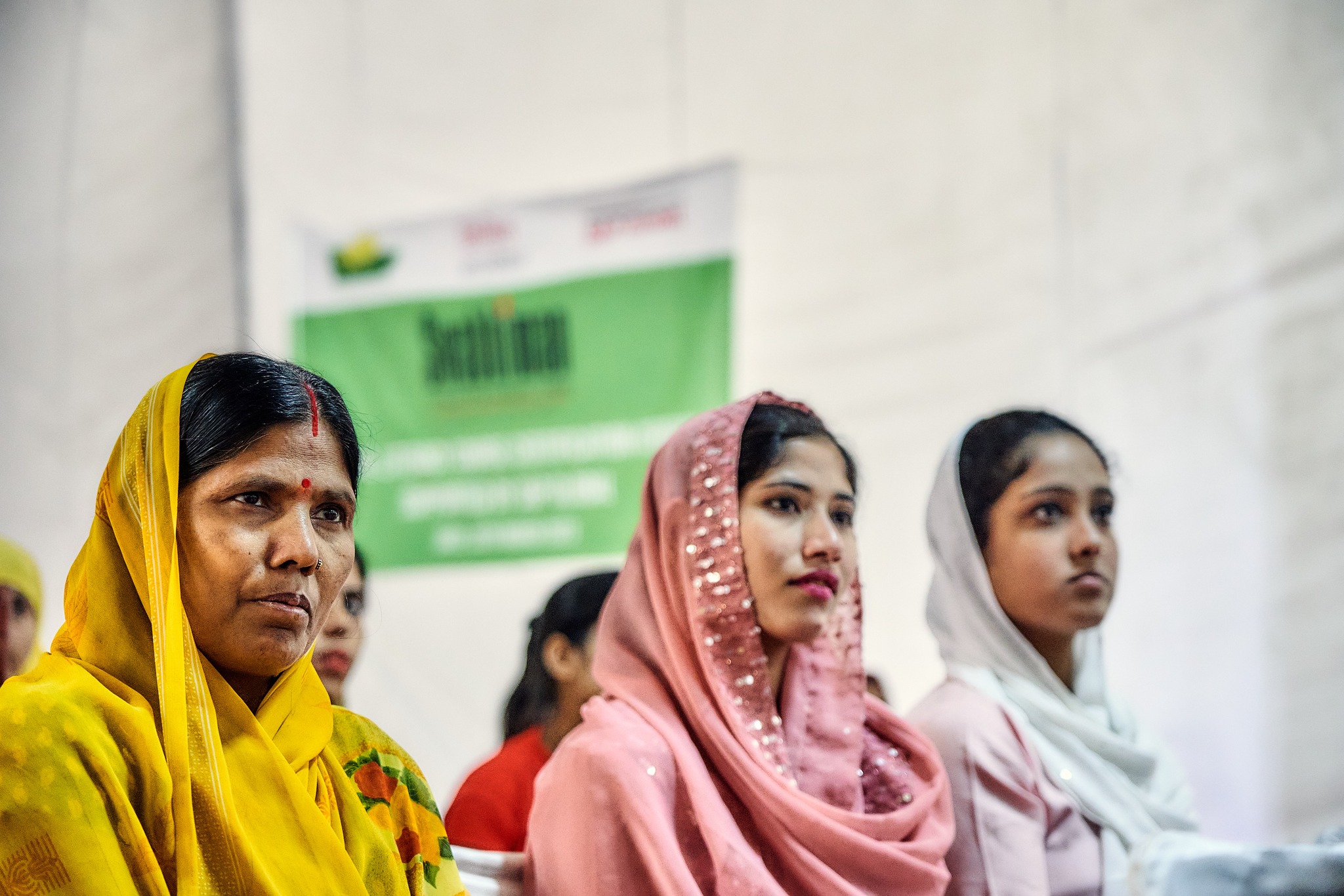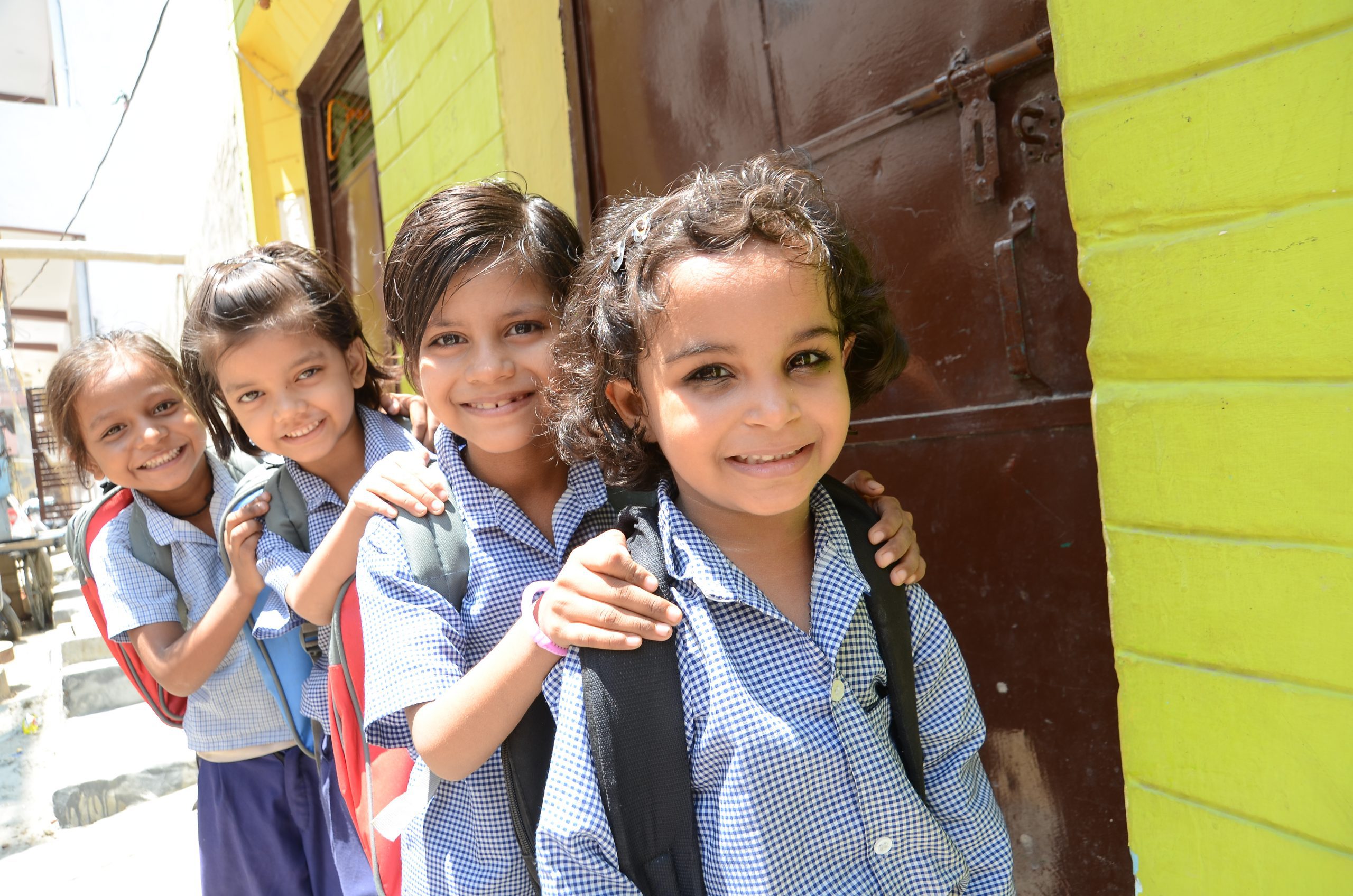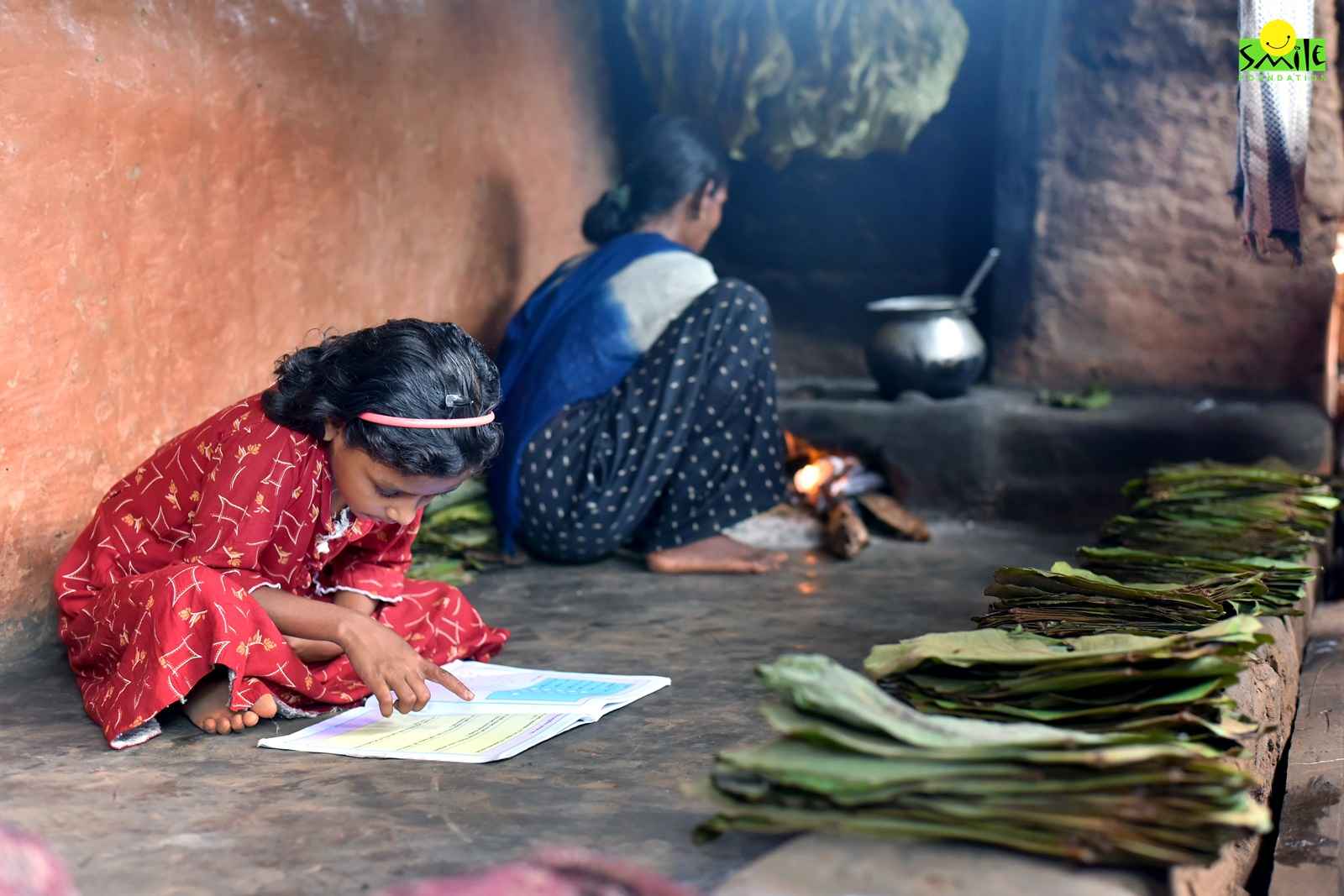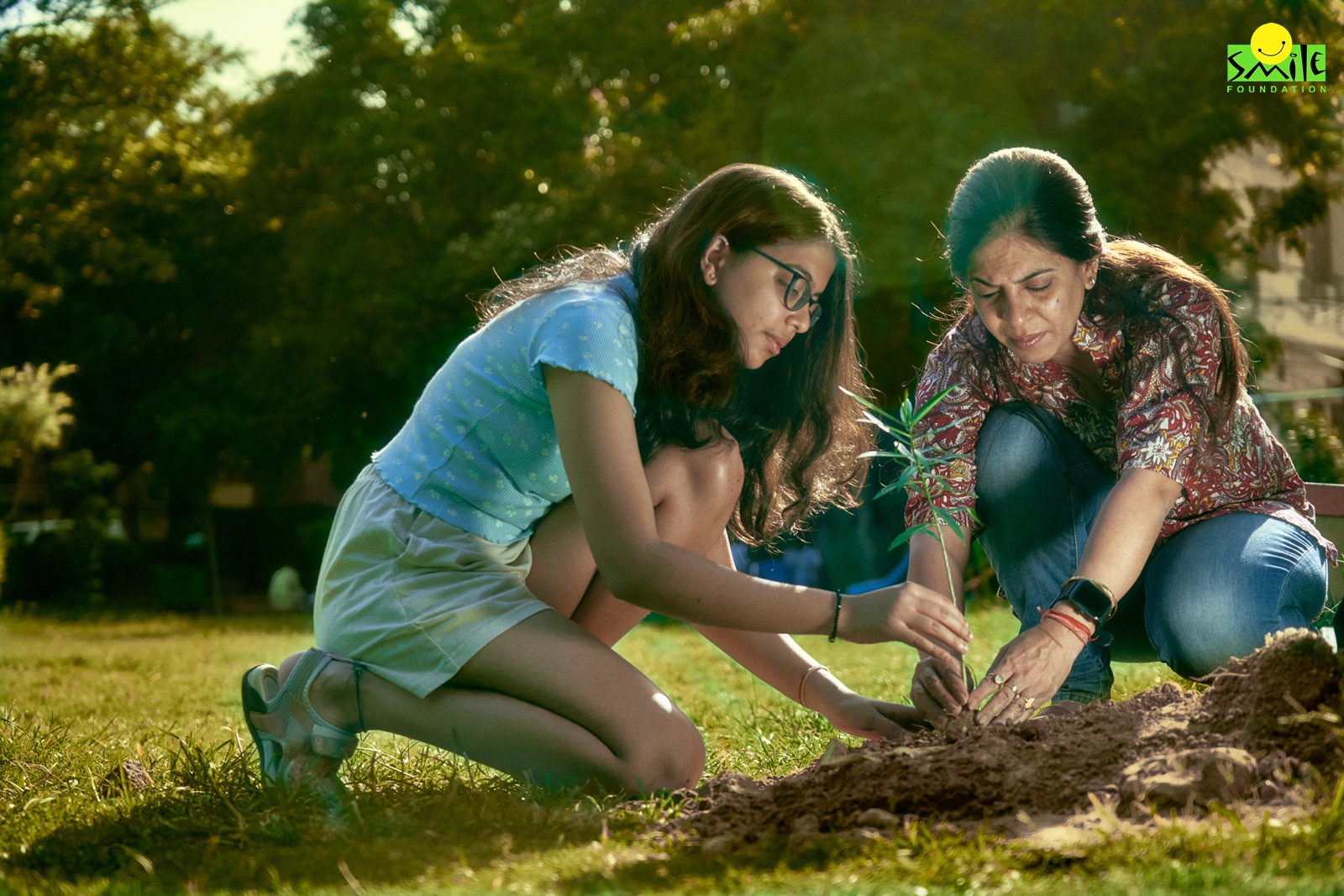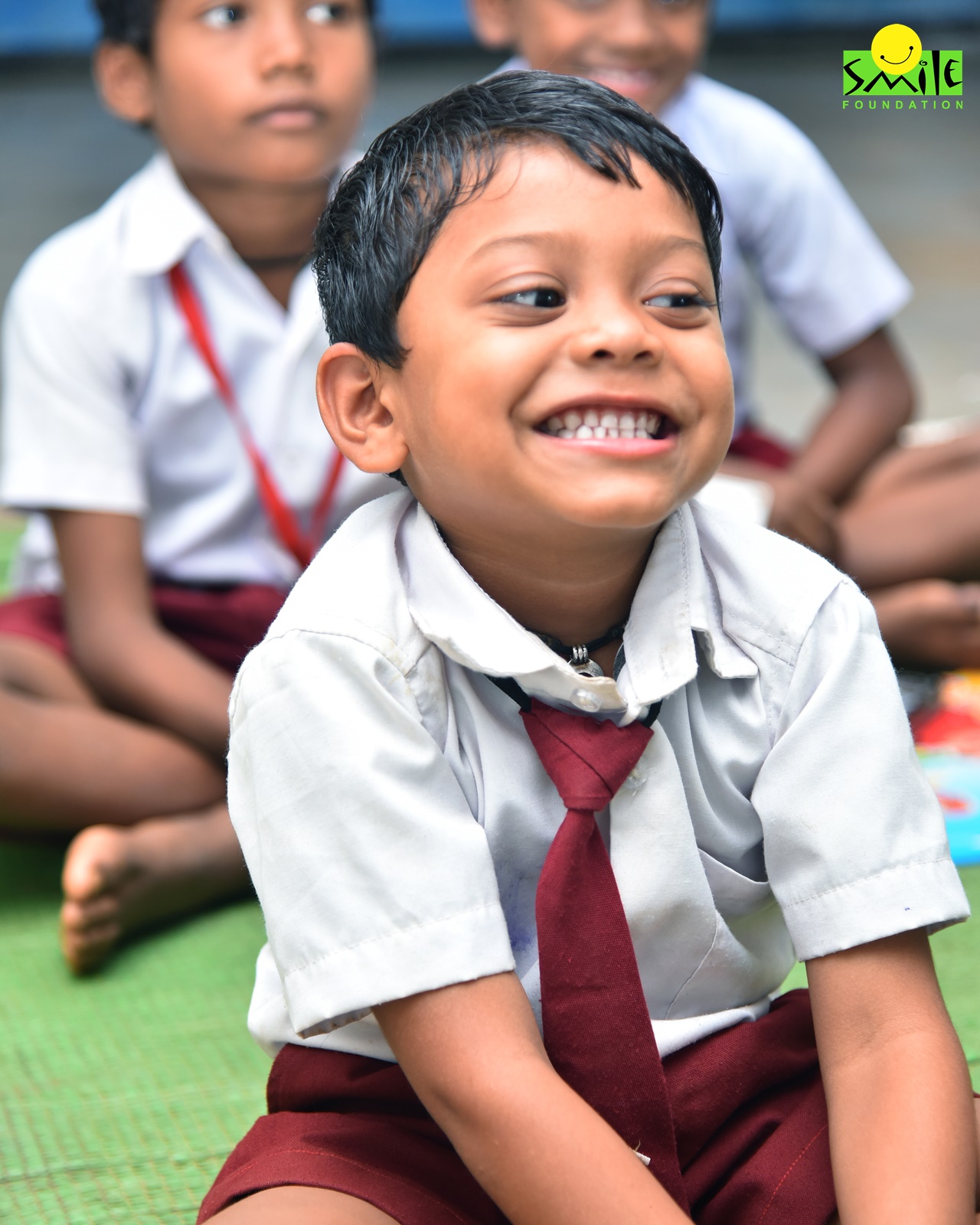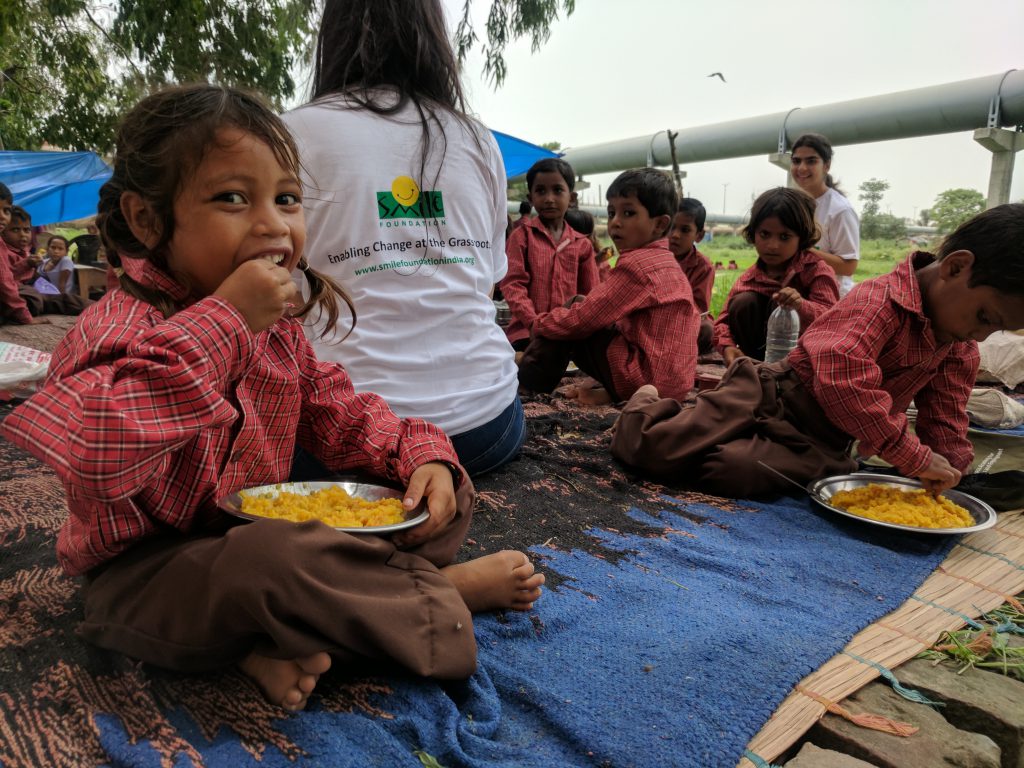While it’s great to see your little ones take baby steps out in the world, it’s also worrisome about the kind of exposure they may receive while they’re at it, especially in today’s digital age. It’s imperative to exercise positive parenting by sitting them down and having an honest talk about grown-up topics.
Do this to ensure they don’t feel overwhelmed or believe half-baked harmful information. One should showcase positive parenting in the situations below:
Children Navigating Hurtful Relationships Through Positive Parenting
Often, narratives in movies or television shows depict the stereotyped portrayal of a happy relationship! Men are traditionally portrayed as pursuers who can convince women to do almost anything. And women as characters who would give in if they’re chased long enough.
Being exposed, children develop rigid, stereotypical ideas about what to expect in relationships. Children should know that romance is just one part of life; work, friendships, hobbies, and more are equally important aspects of one’s life. They should also know that every story is unique with its own set of challenges and good times.
Also, there is an unequal representation of non-heteronormative relationships in story-telling mediums in general.
Parents need to be aware of children’s screen time and encourage empathy when they watch them see anything harmful. By not having an open discussion about harmful traits, we end up normalizing them. Cathy Press, a renowned psychotherapist, shares an important tip on how to talk to a grown-up child.
Instead of yelling at your children with ‘How could you watch that ?’, which may shame them, she suggests trying an empathizing approach by asking ‘How would you feel if somebody ripped your clothes up ?’
Instead of scolding your children over their choices, make them think critically about their ideas and discuss with them different ways of being a responsible person, which involves treating everyone with equality and oneself and others with kindness and care.
Environmental Calamities
It may overwhelm your children to know that we as humans are majorly responsible for putting the earth in danger. Instead of dropping all the truth bombs at once, start slowly by giving them a gist of the problems the world is facing such as climate change, pandemics, crimes, and more.
Reassure them with the possible solutions that we as a family, community, or school can do to curb them. Share potential facts about the steps already undertaken by passionate and deeply caring people to make this world a better living place. Discuss some long-term activists, their incredible work, and innovative solutions to spark hope in them and inspire them.
Positive Parenting and Sexually-explicit Content
According to Yoan Reed, co-founder of Outspoken Sex Ed’ parents should start discussing sex, consent & sexually-explicit content as soon as they understand the basics of bodies, reproduction, or any of the sex-related topics. This will help them confide in you every time they come across any distressing content.
One of the good parenting tips for parents is to not get angry at children if they catch them looking up sexual content. It’s only natural for them to want to know more about their bodies, needs, and desires.
When it comes to sexual content, don’t wholly rely on the school to do all the teaching. Sit them down and explain to them about the unrealistic expectations of sex, bodies, and gender roles, and how it often promotes sexist, misogynistic, and homophobic activities, which can be scary (use better words; always explain to them the meanings of the words that you are using and refrain from using any loaded words).
Highlight the differences between produced sexual content and sex in real life, explaining how the former does not advocate communication, consent contraception, emotions, or mutual pleasure.
Transphobia
It can get tricky explaining to a seven-year-old about transphobia. Instead of keeping mute when they refer to a trans person as ‘weird’, have an open talk with them. Highlight how clothes are a medium of personal expression and how some boys/men/transgenders wear skirts in different parts of the world.
Talk about sexuality in detail; about how the gender assigned at birth can be completely different from one’s self-identified sexuality. Tell them just because someone looks a certain gender does not mean that’s how they identify themselves. That it’s important to ask before making judgements.
While dealing with children who are 10 years and above, be curious about their thinking. Ask them ‘Why do they find trans people weird ?’. This way they will be able to recognize gender stereotypes in their own thought processes.
A lot of times, teens are under pressure to fit in, which puts some at risk of getting bullied. It’s important to let your children know that different genders and expressions exist and that they are equally valid and valuable.
Pregnancy and Abortion
Younger children may not need as many details as older children, and their understanding of the topic may be more limited. The importance of good parenting and effective communication is to keep the language simple and direct.
Sit your children down and explain to them that sometimes a person may need to go to the doctor to end a pregnancy if they are not ready to have a baby or if some medical complications are there with the unborn baby or the mother.
Of course, remember that some topics are off-limits for really young children. Read more books and talk to child counselors about providing sensitive information to children appropriate to their age, intelligence, and environment.
You can liken it to other medical procedures, such as getting a shot or having a tooth pulled. Be clear that it is the decision of the pregnant person or the medical authority who are experts in their field. Emphasize that the decision to have an abortion is their right to make that decision.
Avoid using graphic or violent language that may scare or upset your children. Instead, use words like ‘pregnancy’, ‘baby’, and ‘medical procedure’.
It’s important for your children to understand that this can be a difficult decision for the pregnant person and that it’s important to be supportive and understanding of their choice.
Putting It All Together
Children are more sensitive and that makes them more aware; sometimes even more than adults. They should be given more credit for their understanding of the world and its workings– even the unpleasant parts.
Most of our fears are far more dangerous in our imaginations than in their realities. Also, imagination is so powerful that one can conquer one’s fears by using this great elixir. Positive parenting gives more clarity to children and is the need of the hour!
Smile Foundation wants children to have independent minds with hearts that open up to varied things with unending generosity and intelligence. Through our flagship programme, Mission Education, we are trying to make education an all-inclusive-learning space for our children who are born with less or no means of getting a proper education. An education with the power of changing their lives and massively impacting the lives of the next generations.
You can join us in this journey of liberation through education by volunteering, donating, or a corporate partnership.



